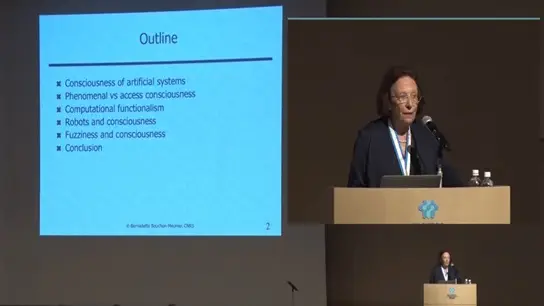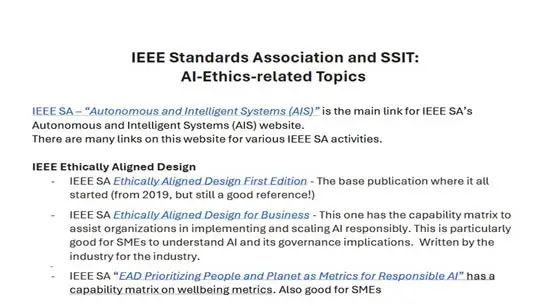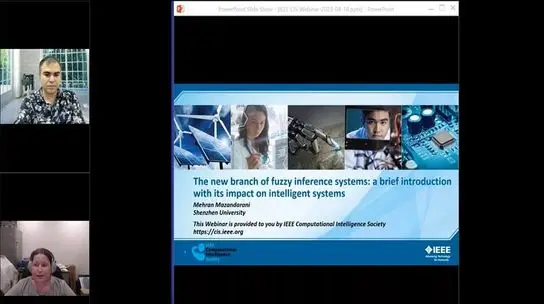Tutorial on Modern Heuristic Optimization Techniques with Applications to Power Systems (2002) ? PDF
New Intelligent Systems Technologies Working Group
-
Members: FreePES
IEEE Members: $45.00
Non-members: $70.00Pages/Slides: 230
27 Aug 2002
From the Course Editors Several heuristic tools have evolved in the last decade that facilitate solving optimization problems that were previously difficult or impossible to solve. These tools include evolutionary computation, simulated annealing, tabu search, particle swarm, etc. Reports of applications of each of these tools have been widely published. Recently, these new heuristic tools have been combined among themselves and with knowledge elements, as well as with more traditional approaches such as statistical analysis, to solve extremely challenging problems. Developing solutions with these tools offers two major advantages: 1) development time is much shorter than when using more traditional approaches, and, 2) the systems are very robust, being relatively insensitive to noisy and/or missing data. The purpose of this course is to provide participants with basic knowledge of evolutionary computation, and other heuristic optimization techniques, and how they are combined with knowledge elements in computational intelligence systems. Applications to 'power problems are stressed, and example applications are presented. The tutorial is composed of two parts: The first part gives an overview ofmodem heuristic optimizationtechniques, including fundamentals of evolutionary computation, genetic algorithms, evolutionary programming and strategies, simulated annealing, tabu search, and hybrid system of evolutionary computation. It also gives an overview of power system applications. The second part of the tutorial deals with specific applications of the heuristic approaches to power system problems, such as security assessment, operational planning, generation, transmission and distribution planning, state estimation, and power plant and power system control. Evolutionary Computation: Natural evolution is a hypothetical population-based' optimization process. Simulating this process on a computer results in stochastic optimization techniques that can often out-perform classical methods of optimization when applied to difficult real-world problems. This tutorial will provide a background in the inspiration, history, and application of evolutionary computation and other heuristic optimization methods to system identification, automatic control, gaming, and other combinatorial problems. The objectives are to provide an overview of how evolutionary computation and other heuristic optimization techniques may be applied to problems within your domain of expertise, to provide a good understanding ofthe design issues involved in tailoring heuristic algorithms to real-world problems, to compare and judge the efficacy of modem heuristic optimization techniques with other more classic methods ofoptimization, and to program fundamental evolutionary algorithms and other heuristic optimization routines.
Primary Committee:
Power System Analysis, Computing, and Economics Committee
Sponsor Committees:
Intelligent System Applications Subcommittee


